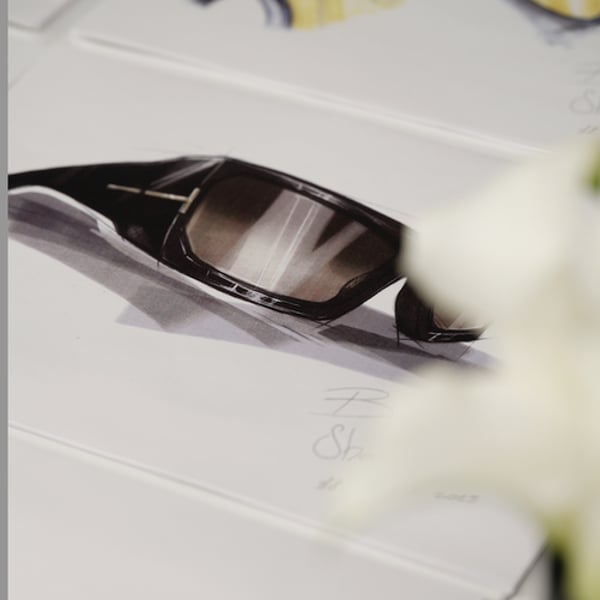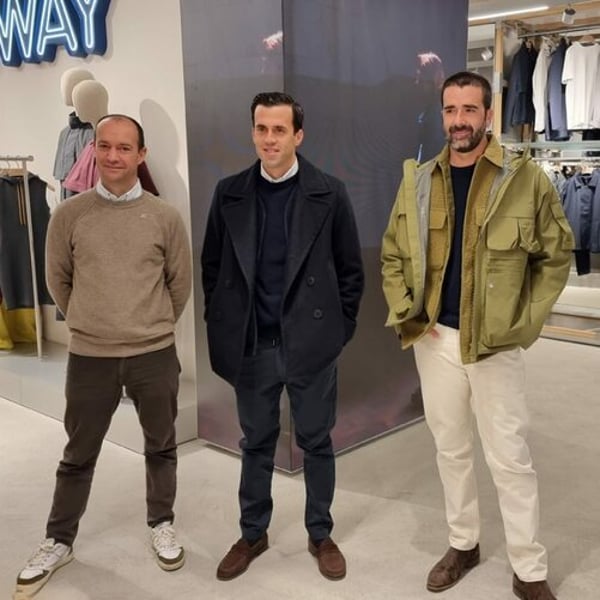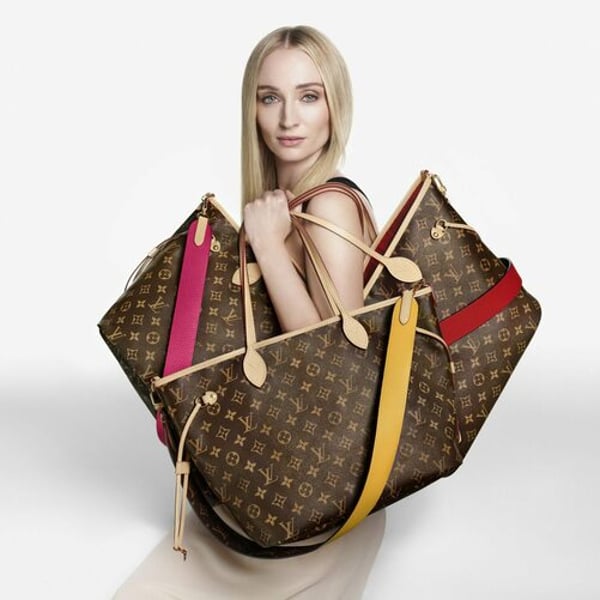Translated by
Nazia BIBI KEENOO
Published
October 3, 2025
The luxury sector appears to be finding resilience through transformation. That is the conclusion of a study conducted by Ipsos, presented at the “Dissonances, résonance et nouveau(x) luxe(s)” conference at the Sorbonne. Conducted among 1,500 individuals from the most affluent populations in the United States, France, and China, the survey confirms that, despite an uncertain global economic backdrop marked by geopolitical tensions, luxury still has a bright future ahead.

Luxury remains a social and symbolic marker that continues to appeal to new generations of consumers. Unsurprisingly, the desire for luxury persists, particularly among respondents under 34, with 39% in China, 47% in France and 65% in the United States reporting a heightened desire to acquire luxury goods. These figures attest to the deep entrenchment of luxury in the consumption habits of affluent populations. While this appetite may reassure industry players, the rules of the game are shifting, driven by consumers themselves.
Successive price increases for luxury goods, for instance, are prompting consumers to question whether such levels are justified. Over the past four years, the price of leather goods has risen by an average of 50%, according to analyst Erwan Rambourg. The Ipsos study reveals that 73% of Americans and 70% of French respondents consider prices excessive in relation to perceived quality, compared to only 43% in China, where the market remains buoyant but is slowing. Aware of the risk, some houses have decided to abandon discount strategies and refocus their messaging on rarity and prestige to regain legitimacy in a Chinese market that today accounts for 20% of their global sales, down from 30% just a few years ago.
The issue of “ethical and social considerations” remains a marginal factor in luxury consumers’ decision-making, even as recent exploitation scandals linked to the production of luxury goods—most recently Loro Piana, but also Dior and Valentino, among others—have shaken the sector. Other factors are also prompting consumers to question luxury purchases, including the point of buying products they sometimes deem “superficial and futile,” against a backdrop of concerns about purchasing power as well as shifts in their personal values.
Against this backdrop, a significant shift is emerging: experiential luxury is gaining ground over ownership-focused luxury, according to the Ipsos study. When asked, “Between a bag or luggage from a major luxury brand and a stay with your loved ones in an exceptional place, what would you choose?” In France and the United States, 86% of respondents opted for the experience. This finding echoes the growing investments by luxury groups, notably LVMH, in sectors such as hospitality.
Despite the turbulence, the luxury sector remains a highly attractive market. Successive crises—whether the pandemic, inflation or geopolitical upheavals—have undoubtedly slowed growth, but they have not dented investor confidence. Deloitte’s “Fashion & Luxury Private Equity and Investors Survey 2025” shows that nine out of 10 investors remain inclined to commit capital to the sector.
Beyond its transformations and contradictions, luxury retains its status and appears capable of reinventing itself without losing its fundamental appeal to buyers and investors alike.
This article is an automatic translation.
Click here to read the original article.
Copyright © 2025 FashionNetwork.com All rights reserved.







